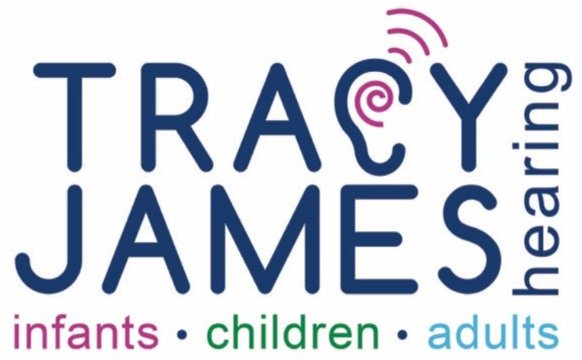Does your child need a school hearing screen?
For many of us, school hearing tests for hearing problems were routine in our first years at school. It helped our parents and teachers know whether we had a hearing problem or simply weren’t paying attention. However, a government study in 2016 found it was not cost effective to have a universal school hearing screening programme.
As a consequence, whether your child is routinely screened is a postcode lottery. Your child’s school may be in area where they still do a school screening test, but for many this is not the case. So as a parent you must rely on yourself to know the signs of a hearing problem. Or you can wait until the school reports that your child isn’t paying attention.
We know that 1 in 1,000 children are born with a significant hearing loss each year. Around 90% are born to hearing parents who have little or no experience of hearing loss in their family. Luckily for us in the UK, most of these children are picked up by neonatal hearing screening in the hospital. The incidence of hearing loss however, rises to 2-3 in 1000 in children by the age of 12 years old.
In 2015 the National Deaf Children’s Society and the Ear Foundation published a study looking at child hearing loss. It showed that the impact of mild to moderate hearing loss on a child’s education is bigger than we generally thought. The same can also be said for the family, emotional and social impact. This research shows that all levels of hearing loss can be a problem to your child.
What are the signs that you should look out for?
Speech may be delayed in younger children.
Early speech may then stop without warning, and the child may resort to miming.
Mishearing and mispronouncing words, for example ‘p’ and ‘d’.
Wanting the volume of the TV higher than everyone else.
Struggling to hear what is said if there is background noise.
Struggling to hear people talk on the phone, when you can hear them clearly.
Hearing okay in a one-to-one situation, but struggling to hear what is said if they can’t see the person’s face or if they move further away.
Can hear louder sounds and speech clearly, but struggle to hear quieter sounds.
Saying ‘pardon’ a lot.
Problems with concentrating.
Often children with hearing problems become frustrated they can’t hear well, and this can lead to behavioural issues.
Difficulties with reading and learning.
Some children may struggle to know what direction sound is coming from.
So why might your child not be hearing?
The most common reason is glue ear. This is where fluid builds up behind the ear after a cold, or if the child has a continually runny nose or enlarged adenoids or tonsils. We know that most children will have at least one episode of this in their childhood. For many it will resolve itself reasonably quickly, but for some this may continue for months on end. Glue ear can have an impact on speech and language development and education.
Occasionally, permanent hearing losses in one or both ears are not picked up until after newborn screening, or when the child is at school. This could be because the hearing loss is mild, which can be harder to notice in children, and is not always picked up by the screen. It may also be because the hearing loss is late onset.
What should you do now?
If you have any concerns about your child’s hearing, you should make an appointment to have their hearing checked. This way you can ensure they can then get the right intervention and support. This will help in family and social situations as well as make their schooling easier

